Summaries of books about U.S. History:
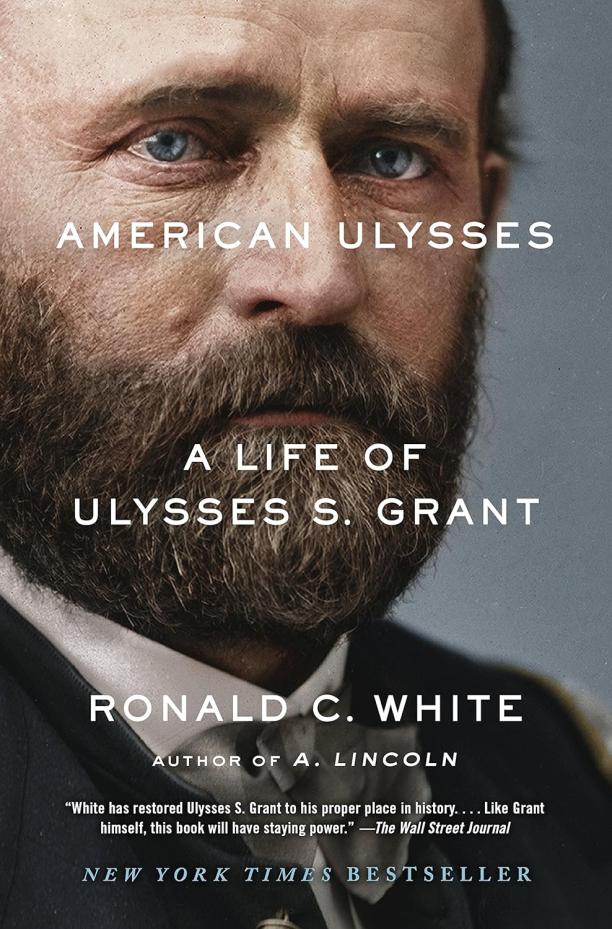
American Ulysses
A Life of Ulysses S. Grant
Ronald C. White Jr
The biography delves into the life and legacy of Ulysses S. Grant, exploring his roles as a Civil War general and the 18th President of the United States. It provides a detailed account of his military strategies, presidency, personal struggles, and the impact of his leadership on American history.
See full summary

Bellevue
Three Centuries of Medicine and Mayhem at America's Most Storied Hospital
David M. Oshinsky
The book chronicles the history of Bellevue Hospital, America's oldest public hospital, detailing its evolution from a small almshouse to a modern medical facility. It highlights the hospital's role in addressing public health crises, pioneering medical advances, and its service to New York City's diverse population through epidemics, wars, and social upheaval.
See full summary
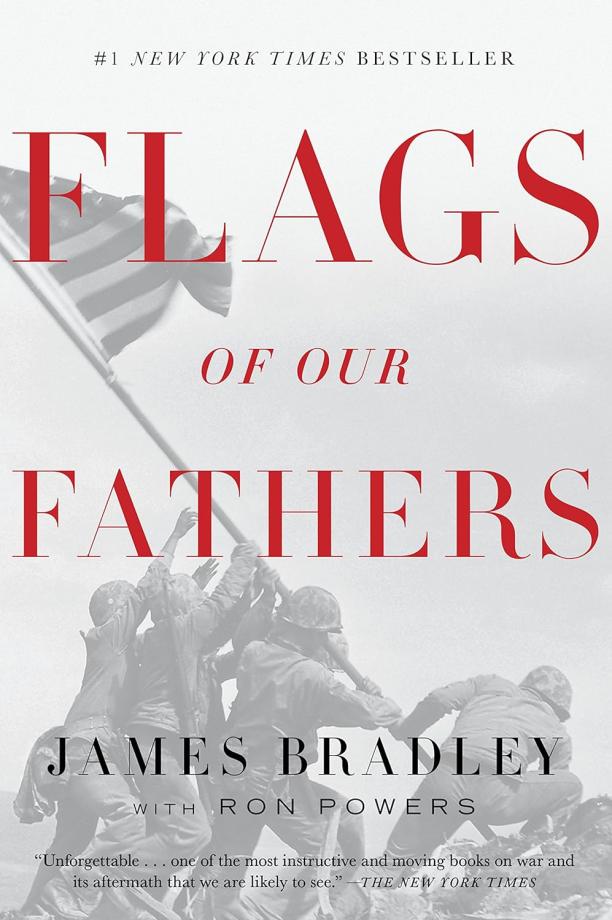
Flags of Our Fathers
James Bradley|Ron Powers
The book chronicles the lives of the six men who raised the American flag on Iwo Jima during World War II, delving into their backgrounds, the battle itself, and the iconic photograph's impact on their lives. It also explores the concept of heroism and the effects of war on individuals and their families, as told through the perspective of one of the flag raiser's sons.
See full summary
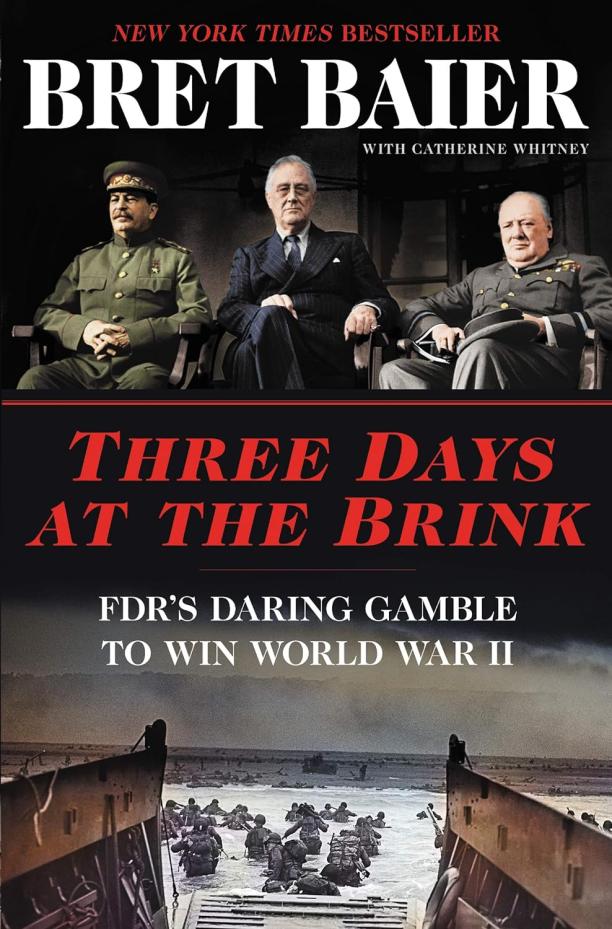
Three Days at the Brink
FDR's Daring Gamble to Win World War II
Bret Baier|Catherine Whitney
The book delves into a pivotal moment during World War II, focusing on the Tehran Conference in 1943, where President Franklin D. Roosevelt met with Winston Churchill and Joseph Stalin to strategize the Allied forces' final push against Nazi Germany. It explores the intense negotiations, the forging of critical alliances, and the high-stakes diplomacy that played a crucial role in shaping the war's outcome.
See full summary
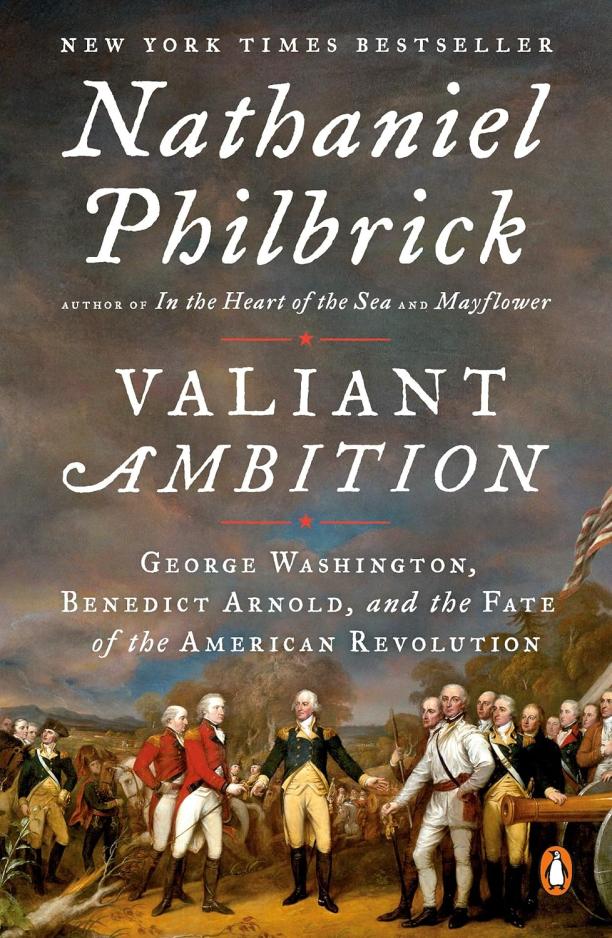
Valiant Ambition
George Washington, Benedict Arnold, and the Fate of the American Revolution
Nathaniel Philbrick
The book delves into the complex relationship between George Washington and Benedict Arnold, exploring Arnold's eventual betrayal and its impact on the American Revolution. It provides a detailed narrative of the military campaigns, personal dynamics, and political intrigue that shaped the revolutionary era.
See full summary
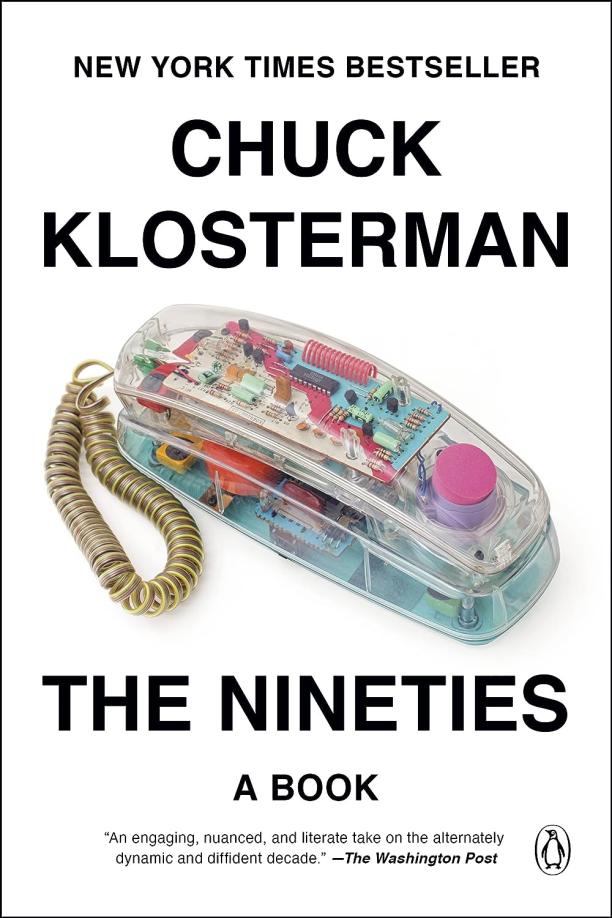
The Nineties
A Book
Chuck Klosterman
The book offers a cultural analysis of the 1990s, exploring the decade's influential events, trends, and personalities that shaped American society. It delves into topics ranging from grunge music and the rise of the internet to the impact of political figures and the evolving landscape of television and film.
See full summary
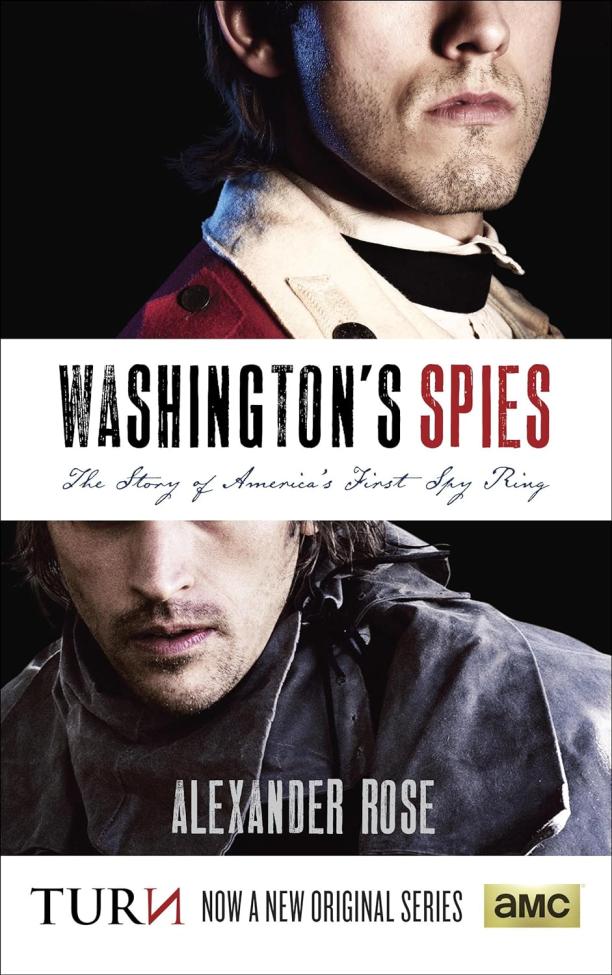
Washington's Spies
The Story of America's First Spy Ring
Alexander Rose
The book delves into the clandestine activities of the Culper Spy Ring, a group of American spies operating during the Revolutionary War who provided critical intelligence to George Washington. It explores the tactics, risks, and personal stories of these unsung heroes, revealing how their espionage efforts were pivotal in the fight for American independence.
See full summary
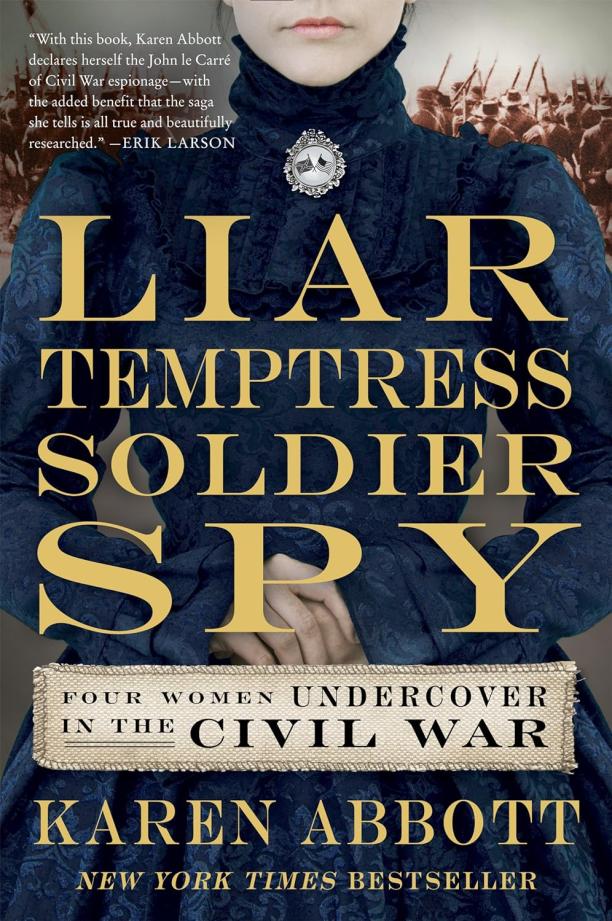
Liar, Temptress, Soldier, Spy
Four Women Undercover in the Civil War
Karen Abbott
The book chronicles the daring exploits of four women who risked their lives as spies and undercover agents during the American Civil War. It delves into the personal stories and secret missions of a Union loyalist, a Confederate dispatcher, a widow who ran a smuggling ring, and a female soldier disguised as a man.
See full summary
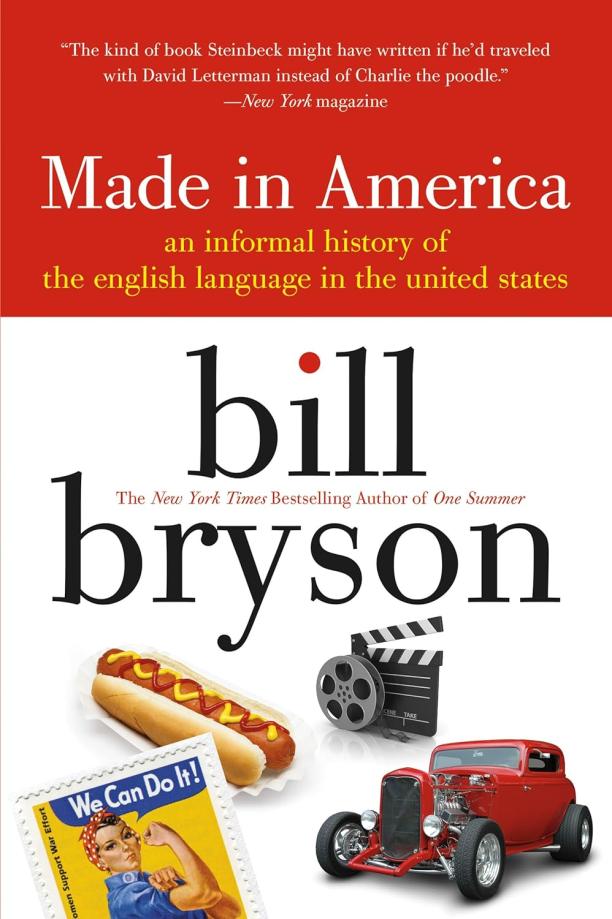
made in america
An Informal History of the English Language in the United States
Bill Bryson
The book explores the evolution of American English, tracing its unique characteristics and idiosyncrasies through historical events and cultural influences. It delves into the origins of American expressions, words, and pronunciations, offering insights into how the language has been shaped by various social and political factors.
See full summary
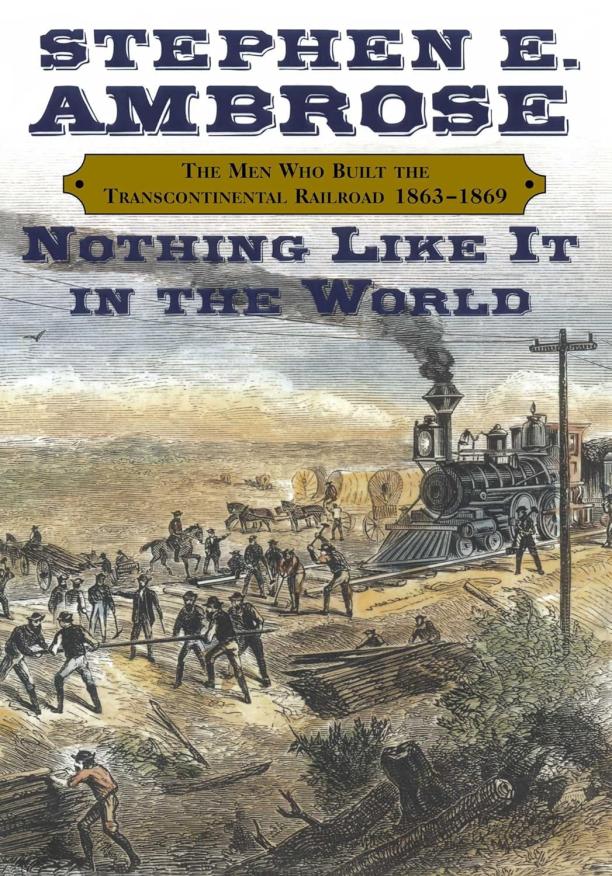
Nothing Like It In the World
The Men Who Built the Transcontinental Railroad 1863-1869
Stephen E. Ambrose
The book chronicles the monumental endeavor of constructing the first transcontinental railroad across the United States, detailing the engineering challenges, labor struggles, and the diverse workforce that included war veterans, immigrants, and former slaves. It highlights the political, financial, and physical obstacles overcome to connect the nation from coast to coast, transforming American society and economy.
See full summary